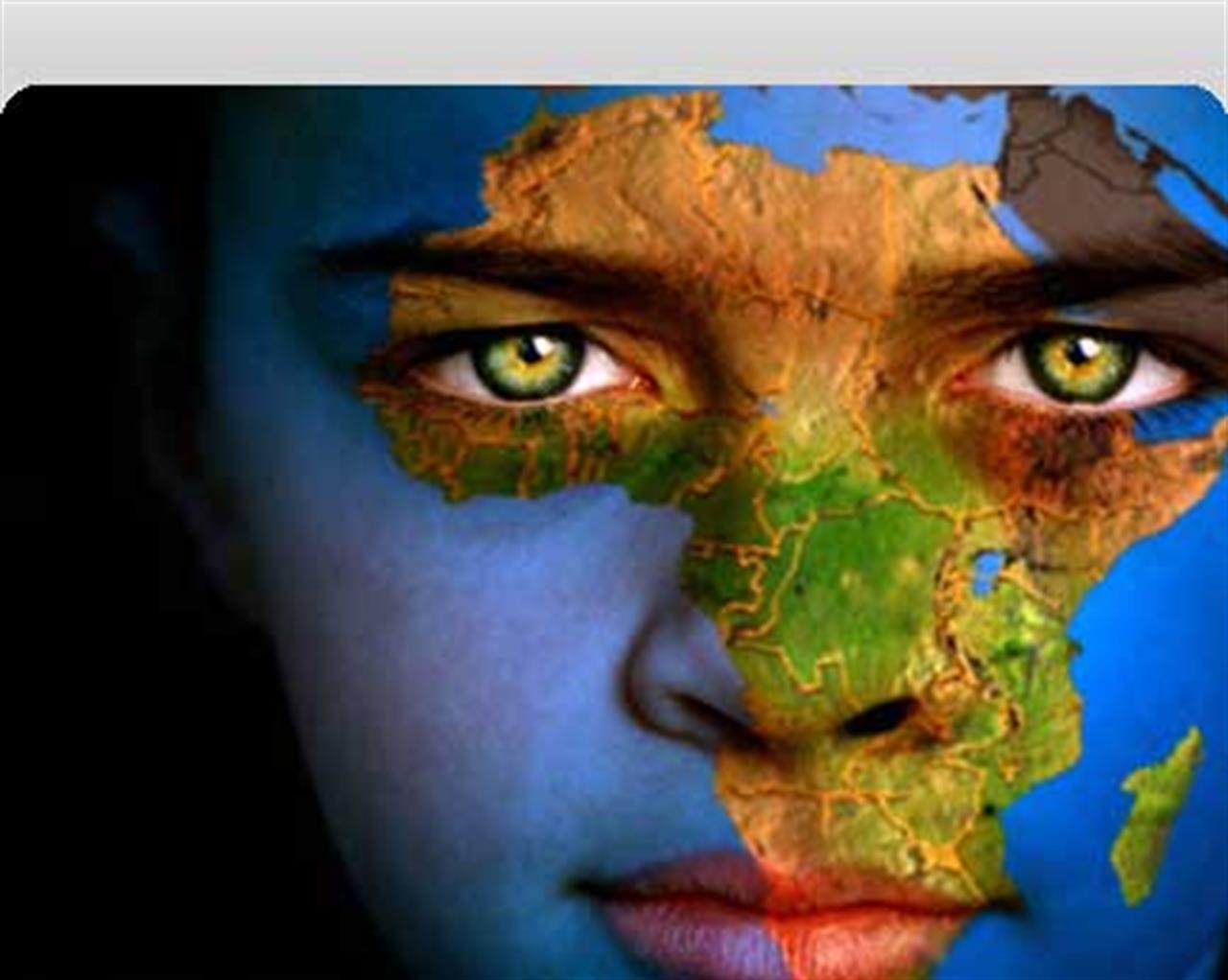Non profit
What priorities for the new EU aid commissioner?
Stefaan Declercq, head of Oxfamsol, delineates expectancies for in-coming development commissioner
di Rose Hackman

“Europe’s agricultural policies strongly diminish the economic possibilities of developing countries and are a contradiction in terms with development aid. We want to see Mr De Gucht confront this.”
Stefaan Declercq, Head of Oxfam Solidarité in Belgium, reacts to the news that Karel De Gucht, previously Belgian foreign minister, is to take over from Louis Michel as the European commissioner for development and humanitarian aid. He outlines his expectations, and salutes outgoing Louis Michel’s efforts.
“He did a good job and we are not unhappy with the budget support policy. I think that deep down it is a good step.”
What is the first issue you would like to see De Gucht address?
I think the most important thing to be addressed in the immediate future are the consequences of the financial crisis for developing countries. This means more than maintaining previous promises made during international summits, which by the way, have still not been applied. We are still waiting for most of those promises to materialise.
You mean more money promised and delivered?
There is money on one side yes; but perhaps, more importantly, there is the question of coherence in all the European international policies towards development and aid to development. By this I mean that on the one side Europe gives international aid, but on the other their agricultural policies completely contradict the initial positive will. These agricultural policies strongly diminish the economic possibilities of developing countries.
What are the other key issues you would like to see confronted?
There are some new themes to be confronted along side the effects of the financial crisis on the developing world, like the effects of climate change on the developing world. New funds need to be allocated to confront this specific problem.
But there are also recurring themes like the Congo and the occupied Palestinian territories. These issues need to be addressed properly as they have not been resolved. Oxfam international has just published a new report on the impact of the wall on the local population in Palestine. We ask that the humanitarian situation there be better treated and a process of long term peace be put into action.
Louis Michel was not always seen in a good light by civil society following his controversial implementation of widespread budget support in Africa. Are you happy to see him go?
I think that Louis Michel did a good job, although there is still a lot of work to be done. The financial crisis marked the end of his mandate which means that he did not have the possibility to properly work on that issue, which is why much will be expected from Mr De Gucht.
How do you feel about budget support? Do you feel like it is stripping civil society of its powers on the ground?
You know, at Oxfam, we are not unhappy with this budget support policy. I think that deep down it is a good step. It is a step that aims at giving back to the receiving country the handling of aid money. This does need to be done in certain conditions though. We believe that the received aid money needs to be appropriated not only by the national government but also by the civil population in the country in question. This means that the development plans need to be overseen not only by the national government, but also by civil society organisations.
Louis Michel’s move was therefore a positive one in your opinion?
In reality Mr Michel’s move was a predictable declination of the Paris accords of 2005, which promised to revolutionize management of aidto make it more focused on achieving development results – to this, all donator countries subscribed.
We are in a period of experimentation when it comes to the budget support framework, we are not yet far enough in its appropriation to perfectly judge. The process needs to be further democracised, and as I said, not limited to national governments but also extended to organisation representing civil society on the ground.
Read Vita Europe background article on Karel De Gucht
Cosa fa VITA?
Da 30 anni VITA è la testata di riferimento dell’innovazione sociale, dell’attivismo civico e del Terzo settore. Siamo un’impresa sociale senza scopo di lucro: raccontiamo storie, promuoviamo campagne, interpelliamo le imprese, la politica e le istituzioni per promuovere i valori dell’interesse generale e del bene comune. Se riusciamo a farlo è grazie a chi decide di sostenerci.
